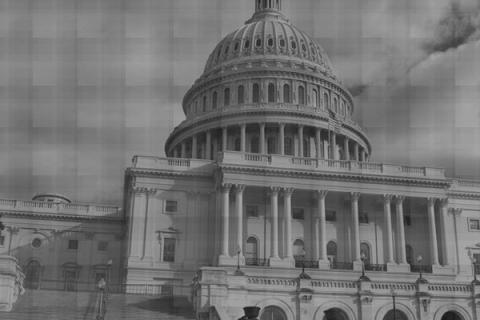August saw the most U.S. soldier fatalities in Afghanistan in a single month since the beginning of the decade-long occupation by coalition forces. A total of 67 U.S. servicemen lost their lives last month in the Afghanistan combat theater.
It was a different scene altogether in Iraq, where no soldiers died in combat during August, a first and milestone in that war. However, U.S. and Iraqi statistics show that internal violence remains high in Iraq. Since President Obama formally ended combat operations this time last year, at least 2,600 civilians, police and Iraqi soldiers, along with 35 U.S. servicemen have died as a result of violence in Iraq.
Since last Friday's war update, operations in Iraq and Afghanistan have placed U.S. taxpayers on the hook for an additional $3.24 billion dollars. In just one week the federal government has spent just over $900 million in Iraq and $2.33 billion to cover the cost of the approximately 150,000-strong U.S. military force in both war theaters.
Of the nearly $1.25 trillion spent on both wars since 2001, at least $60 billion has been squandered due to waste, fraud and a general lack of oversight says the final report by the Commission on Wartime Contracting. This number will only grow, commission members say, as both countries begin to bear the long-term costs of operating and maintaining the billions of dollars worth of U.S. taxpayer-funded restructuring projects that have already been completed.
With no end in sight to America's massive budget deficit and the historic July announcement by Standard and Poor's that they are lowering the U.S. credit rating, lawmakers have been scrambling to trim government spending to keep American sovereign debt a palatable option for foreign investors. But former Commander of International Security Assistance Force and US Forces-Afghanistan General David Petraeus cautioned against including the pentagon's budget in austerity measures, citing security reasons. Speaking during a farewell tribute and retirement ceremony at Joint Base Myer-Henderson Hall in Arlington on Wednesday, Petreaus said:
"I do believe that we have re-learned since 9/11 the timeless lesson that we don't always get to fight the wars for which we are most prepared or most inclined. Given that reality, we will need to maintain the full-spectrum capability that we have developed over this last decade of conflict in Iraq, Afghanistan and elsewhere."
Military officials have been voicing their concerns that the cuts agreed to by lawmakers under the debt ceiling deal to slash more than $350 billion from the Pentagon's budget over the next ten years are too deep. Next week, Petraeus will take over as Director of the Central Intelligence Agency (CIA), replacing Leon Panetta, who will become the new Defense Secretary.
Elsewhere in the Middle East, a looming conflict between Syria and the Arab League has grabbed the media's attention. On Wednesday, Lebanon backed Syria in rejecting an Arab League statement that demanded an end to violent crackdowns by the Syrian government on protestors.
The 22-member Arab League issued a statement last week calling for an 'end to the spilling of blood and for Syria to follow the way of reason before it is too late.' Foreign ministers at the organization also announced a peace initiative aimed at resolving the Syrian crisis which has reportedly claimed the lives of more than 2,000 civilians since anti-government protests began in March.
An Arab diplomat based in Beirut told the German Press Agency dpa that the Syrian delegation issued a note to the Arab League's general secretariat stating that the final statement conflicted with the rules of the League's Charter because it did not reflect the meeting's final agreement. Arab League Secretary General Nabil al Arabi is still awaiting an invite to Syria with no response from the government.
Another major conflict is brewing close by. If Palestine submits a request for full membership into the United Nations at this month's 66th session of the General Assembly, something Palestinian officials have said they intend to do, certain lawmakers in Israel vow to end all peace agreements in place with the occupied territories and push for Israel to impose its:
“sovereignty on territories over which there is consensus – that is, in the Jordan Valley and the major settlement blocs, and even more,” according to public radio statements by Israel's Infrastructure Minister, Uzi Landau.
The Palestinian Authority is expected to formally request the establishment of a Palestinian state on September 20th as world leaders gather in New York to open the summit session.
In Libya, Gadhafi has been ousted from Tripoli but the war has a long way to go says the U.S.-backed National Transitional Council – Libya's temporary government. World leaders and top international envoys met with officials from Libya's rebel government in Paris on Thursday to discuss ways to build a democracy and maintain stability in the war-torn country. The summit is meant to focus on freeing billions in Libyan assets held by foreign banks that were frozen in the lead-up to the U.S./NATO invasion of the North African country.
Libya's new government received two big boosts from foreign supporters this week. The first came Wednesday when Italy, Libya's former colonial ruler, announced they would unblocked $680 million in Libyan assets to be used by the rebel leadership. Then on Thursday, Russia – a country that was formerly critical of the NATO campaign against Gadhafi – recognized the rebels as Libya's interim government.

